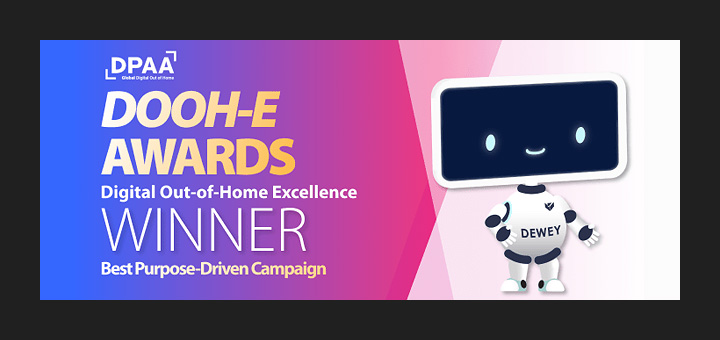In the Age of AI, Ethical Data Is a Brand’s Most Valuable Currency
At Cannes this year, advertising’s very own Oscars, we saw bold predictions, new product launches, and sweeping promises about AI’s ability to personalize, optimize, and revolutionize. But behind the scenes, there is still a critical question: How is all of this consumer data being collected, stored, and activated?
The Trust Gap Is Continuing to Grow
We have more data at our fingertips than ever before, and AI is making our ability to activate that data even easier. But, in our rush to innovate, we risk losing sight of the foundational issue — privacy. The U.S. still lacks comprehensive federal policy regulation on AI and consumer data privacy, and there’s no universal “safe” playbook for how this data should be mined, modeled, or monetized.
For brands, this situation represents a liability and a leadership opportunity. While the general consumer may not understand what a clean room is or why third-party cookies were dying, they can feel when they are being exploited and taken advantage of. They’re increasingly starting to question how their personal data is being leveraged and whether they ever had control of their data privacy in the first place.
According to Cisco’s 2024 Consumer Privacy Survey, 81 percent of consumers say they are concerned enough about how companies collect and use their personal data — so much so as to believe the U.S. should implement a federal privacy law. And this is for good reason — it seems like every week I’m getting an alert that my personal data has been compromised in another data breach. And yet, consumers still want personalization. They still want relevant, timely, and frictionless brand experiences that are tailored to their needs and desires.
So what’s the path forward? Transparency. Brands that can acknowledge consumer privacy advocacy and act transparently will have a clear advantage over their competitors who continue to ignore this shift.
Transparency to Gain Trust
Brands need to treat privacy not as a legal checkbox, but as a feature — something consumers can see, feel, and choose. Don’t bury it in the terms and conditions. Build it into the UX. Follow the lead of Meta’s privacy check-ups, Google’s account dashboards, or Apple’s bold stance: Privacy. That’s iPhone.
And if you are collecting data, collect it with purpose. Only gather what’s necessary to improve the customer experience. Make it clear what’s being collected, why it matters, and how it benefits the consumer.
Agencies Have a Responsibility Too
Agencies carry equal responsibility. We are stewards not just of performance, but of ethical practice. This starts with internal rigor.
- Educate teams on the current privacy landscape. Data privacy laws are fragmented across the U.S. Ensuring that your team has this base knowledge helps set precedent on the importance of how we use data across campaigns and various activations.
- Establish data governance. Set up a data governance expert or team. As we continue to use clean rooms to commingle large data sets, it’s critical that there is a standardized process for how information is shared across brands and platforms. Standardization and repeatability are key to safeguarding our brands’ most critical assets.
- Audit your partners. Assess your vendors and data partners and hold them to high standards. Push for audits and clarity on how their data is being collected, especially how recently they’ve updated their data. (Yes, we’ve all targeted “dead” audiences before — don’t let outdated data haunt your campaigns.) After auditing, only work with partners that hold the same vision and align with your own data privacy principles.
- Always test. Run A/B tests to compare partners against each other. Often, you’ll see that partners with high standards of data privacy and governance perform better. Ethical data and the ethical use of data can still drive performance.
An Ethical Future Is Possible and Profitable
Ethical data practices and consumer privacy advocacy aren’t a constraint — they are a competitive advantage. In a world where trust is scarce, brands and agencies that embed ethics into their data strategies will stand out and build lasting loyalty.
So, whether or not you were sipping rosé in Cannes, let’s toast to something even more enduring — a future in which:
- Personalization doesn’t require exploitation.
- Performance and principles go hand-in-hand.
- Ethical data is the new creative edge.





